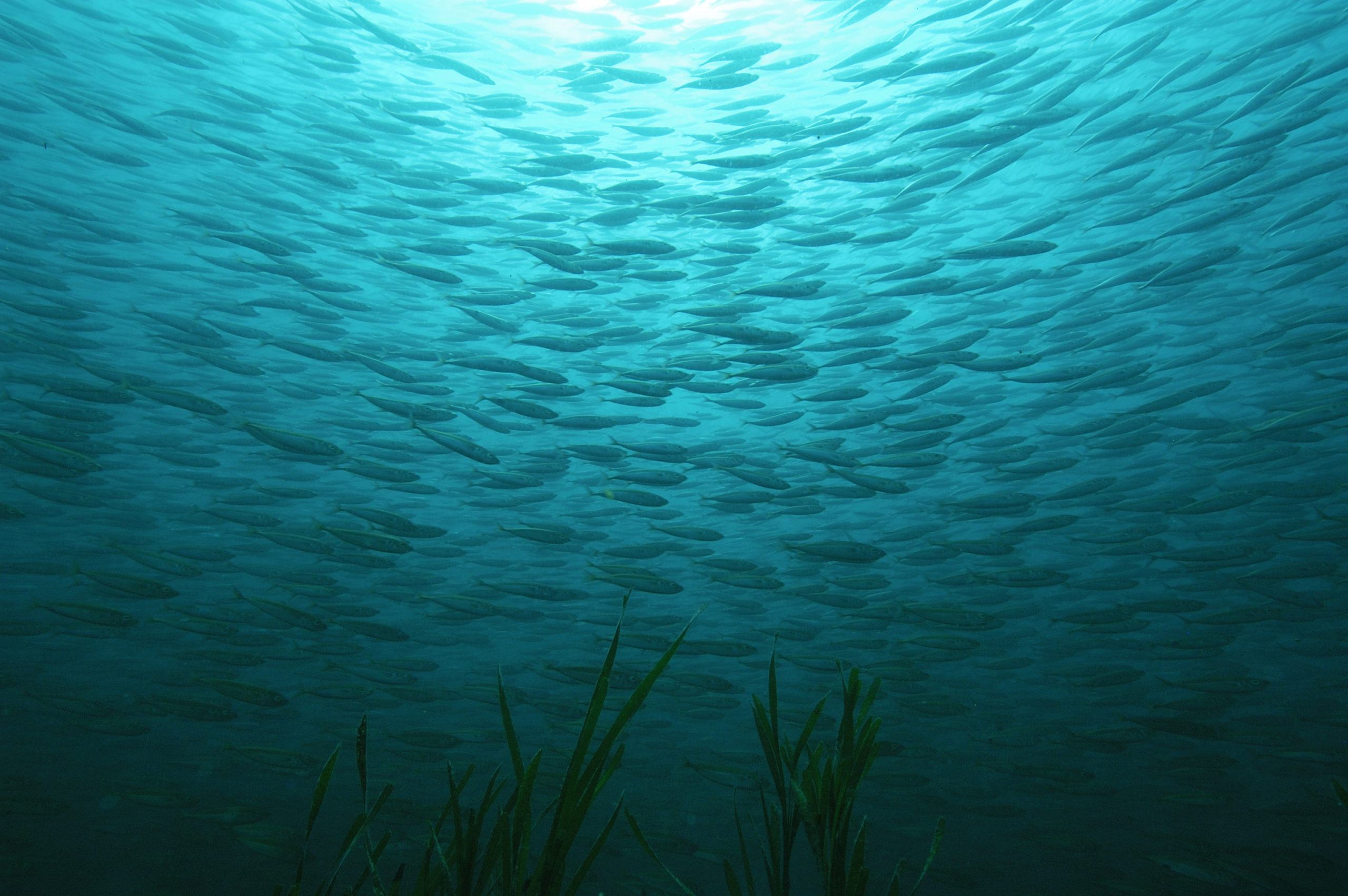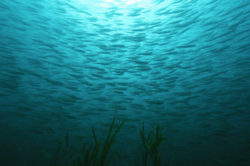
Plenary Deep Dive — Defining Priorities for Meaningful Protection

Channel Islands National Marine Sanctuary. Photo credit: Robert Schwemmer/NOAA
Around the world, the percentage of protected areas is growing, yet we are still losing species and habitats at an ever-accelerating rate. How can we reverse this trend and use marine and freshwater protected areas to more effectively protect our planet?
In 2019, Senators Tom Udall (D-NM) and Michael Bennet (D-CO) introduced a Senate Resolution known as the 30 by 30 Resolution to Save Nature to conserve at least 30 percent of U.S. land and ocean by 2030. The resolution was a response to scientific research showing that conserving 30 percent of ocean and land globally by 2030 is considered the minimum amount necessary to adequately address biodiversity loss and the climate change crisis. This resolution is part of a global push to protect species at risk of extinction and threatened by climate change and other human impacts such as habitat destruction, pollution, and more.
Effectively managed protected areas are critical conservation tools to help mitigate and adapt to the planet’s most pressing issues. Rich biodiversity is essential to healthy ecosystems and maintaining resources and life integral to our economic success, quality of life, and a healthy environment for our children and grandchildren.
“Meaningful” protection values biodiversity, climate mitigation, ecosystem services and areas critical to communities and sustainable food production as the most important places to conserve for our planet. Using these priorities as a guide, policy makers should integrate science, management, enforcement, and community engagement to sustain the health of our planet to the greatest extent possible. With effective placement of protected areas, prioritizing the most important ecosystems can in turn improve other ecosystems and improve resiliency.
Join Capitol Hill Ocean Week’s Defining Priorities for Meaningful Protection plenary, sponsored by Nestlé, for a discussion on effective protection using marine and freshwater protected areas. Dr. Enric Sala, Explorer-in-Residence of National Geographic, will begin the discussion with an introduction to the topic. Dr. Kathryn Mengerink, Executive Director of the Waitt Institute, will moderate the panel that includes Dr. Emmett Duffy of the Smithsonian’s Tennenbaum Marine Observatories Network; Dr. Kirsten Grorud-Colvert of Oregon State University; Ms. Vera Kingeekuk Metcalf of the Kawerak Eskimo Walrus Commission; and Dr. Douglas Pearsall of The Nature Conservancy – Michigan. Our speakers will explore what effective protection encompasses and the need for coordinated, national and international leadership to effectively protect our lands, water and wildlife.
Mark your calendars for Tuesday, June 9 from 10:00 AM – 11:00 AM EST to join the conversation at capitolhilloceanweek.org.

